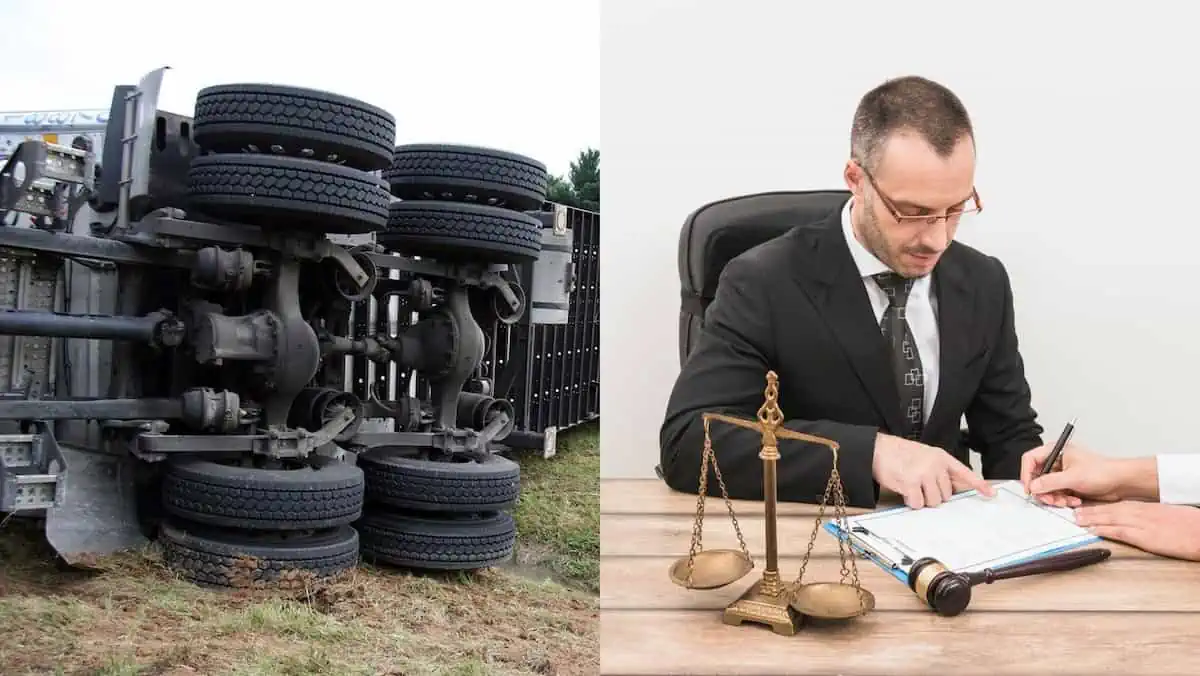Truck accidents are some of the deadliest events on American roads. Determining who is liable for what and to what extent can be very complicated.
Unlike car accidents, truck cases are complex, requiring legal expertise to go into an in-depth investigation. If you have been injured in an accident, truck accident attorneys can help determine liability.
Moreover, they will look at the driver’s contract and company policies to establish the cause of the accident and strengthen your claim.
The challenges involved in determining legal liability in truck accidents are discussed below.
Multiple Liable Parties
The trucking industry employs many entities. There are chances that one of the numerous parties involved may have contributed to the accident.
Without the manufacturers, cargo loaders, drivers, mechanics, and cargo companies, the industry wouldn’t exist.
Multiple liable parties are the primary reason why it is difficult to determine liability in truck accident cases.
Most road accidents only involve two drivers. However, when a truck accident happens, just looking at the immediate conditions alone isn’t enough. Investigating all the entities involved is a daunting task that requires the expertise of truck accident attorneys.
To determine who the liable party is in the truck accident, it depends on the following factors:
Vehicle Maintenance
Mechanical failure is a common cause of many truck accidents. Trucks contain a black box similar to the one in an aircraft. The black box records the truck’s actions. This box provides useful information, including the cause of the accident or the failure of a certain part.
Additionally, it helps to go through the truck’s maintenance logs. They will show the exact spot of a problem, the repair work done, whether it was faulty or not, and the maintenance service before and after every trip. These reports can provide important information concerning mechanical failure.
Driver’s Employment
Another area your truck accident attorneys can help with is checking the employment history of the driver. Even if the accident was a result of the driver’s error, such as speeding, fatigue, or poor visibility, the company behind the driver’s hiring could bear some fault.
In situations where the driver didn’t rest enough or was on the road for too long, the employer is to blame, hence, they can be held liable for the crash.
Cargo Loading Problems
There are detailed requirements concerning how a truck should be loaded based on its size and weight, materials in transit, and the location they’re taken to.
Some accidents are a result of improper inspections, loading, and securing of cargo on the truck. If cargo falls off the truck, the cargo loader and their employer can be held liable.
Federal and State Laws
When determining liability and negligence in a truck accident, the Federal Motor Carrier Safety Regulations (FMCSR)are vital. Trucking companies should follow regulations to help govern their operations and ensure safety.
After an accident, it’s significant to establish if the truck driver or employer violated any of the FMCSR. When conducting an investigation, some of the aspects to look into include the following:
- Maintenance standards
- Driver’s hours on the wheel
- Load securement
However, most companies tend to violate these regulations, which significantly contributes to accidents and makes it difficult to determine liability in the event of an accident. Here are other specific details to consider that can help determine the liable party:
- The extent of damage to your vehicle and the truck
- The presence of witnesses
- If driver error from any involved parties was a contributing factor
- The weather conditions on the day of the accident
- The speed at which all involved parties were traveling
- The truck driver’s mental, emotional, and physical state
The insurance policies for a semi-truck or 18-wheeler can be worth up to 1 million dollars. With such high stakes, trucking companies and insurers are determined to shift fault onto you and deny liability.
Article and permission to publish here provided by Paul Bennet. Originally written for Supply Chain Game Changer and published on March 28, 2024.
Cover photo provided by imagesource.io.


